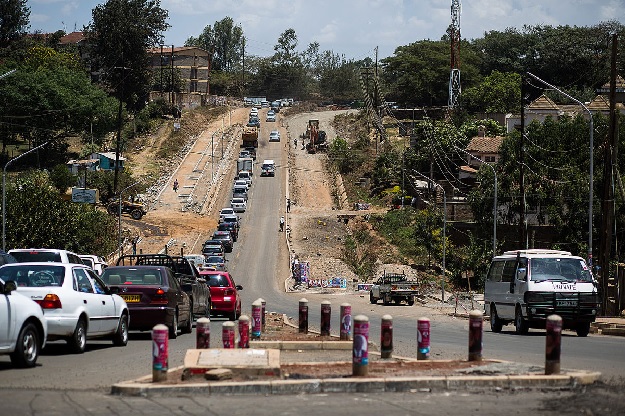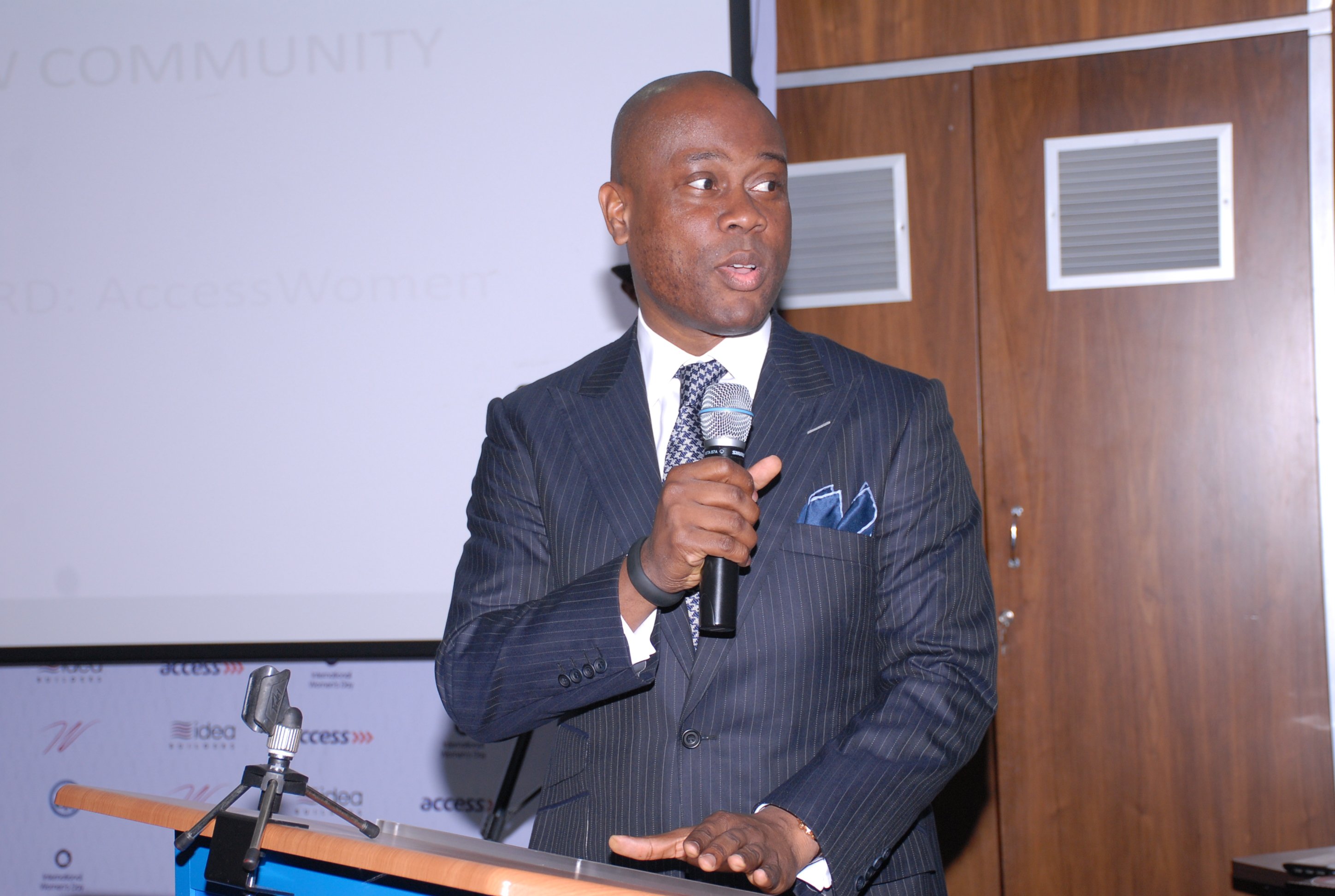In its latest economic rating, International rating agency, Trading Economics (TE), on Thursday, rated Nigeria’s economy “negative” (in red), on 27 points, indicating a highly speculative economy.
The TE credit rating is driven by a model that takes into account the average grade given by international credit rating agencies plus multiple economic indicators, exchange rates, government bond yields, stock indexes, commodity prices and very little discretion.
According to TE, its result is based on Standard & Poor’s credit rating of Nigeria at BB- (Negative to be watched also in red). Moody’s rating for Nigeria at Ba3 (Stable) and Fitch’s credit rating for Nigeria at BB- (Stable) combined data from the country’s financial markets and economic indicators.
Konrad Reuss, regional manager, Standard and Poor (S & P), had explained that Nigeria was rated based on its six main categories and it was found to be weak in three classifications: institutional and governance effectiveness, economic structure and growth, fiscal flexibility and performance.
Advertisement
According to Reuss, the factors putting the Nigerian economy in danger include the Boko Haram insurgency, the fall in oil prices (because of the importance of oil for government and export revenues), as well as the forthcoming elections.
Nigeria was classified as neutral in external liquidity, international investment position and monetary flexibility, while its only area of strength was in its debt burden.
In general, a credit rating is used by sovereign wealth funds, pension funds and other investors to gauge the credit worthiness of a country; and it has a big impact on the country’s borrowing costs.
Advertisement






